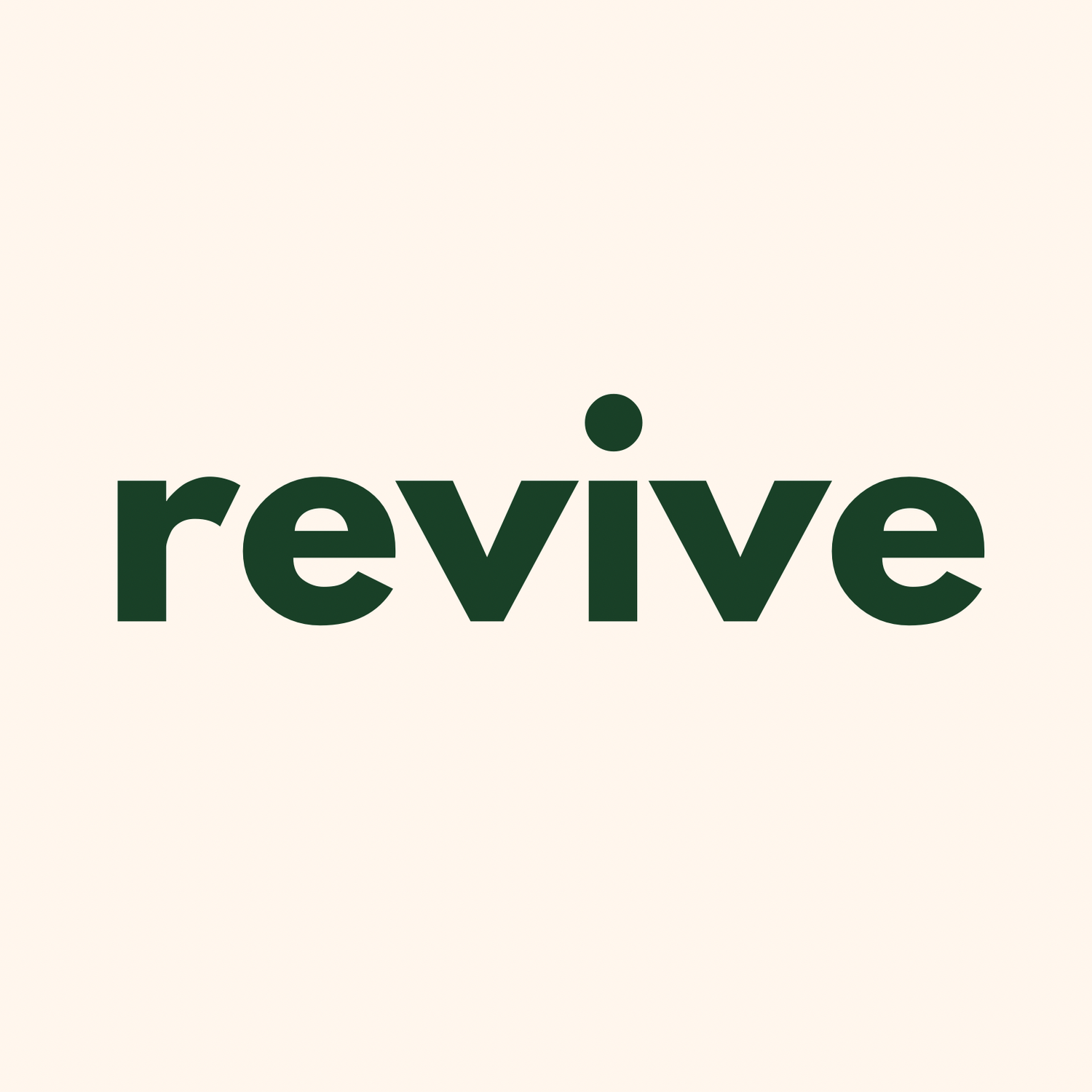The Art of Doing Nothing
Let’s take a deep breath together.
Seriously—breathe in... and out.
Now pause for a second and consider this:
When was the last time you truly did nothing? I don’t mean scrolling endlessly on your phone, or zoning out in front of the TV while worrying about your to-do list. I mean really doing nothing—no distractions, no goals, no productivity. Just... being.
If you’re drawing a blank, you’re not alone. Most of us have been conditioned to believe that rest is laziness, and that our worth is measured by how busy or productive we are. But here’s the thing: that’s not just unhelpful—it’s harmful. The constant push to do more, be more, and achieve more can wear down even the most resilient minds. And ironically, the best way to be well, to thrive, and to sustain all the things you care about... is to rest.
So, let’s talk about the art of doing nothing. And why it's not just okay—it’s absolutely necessary for your mental health.
Let’s get real: we live in a society that wears burnout like a badge of honor. “I only slept three hours last night,” someone says proudly. “I haven’t had a day off in weeks,” another boasts. Productivity is often equated with success. If you're not grinding, hustling, and pushing yourself to the edge, are you even trying?
This kind of mindset can be toxic. It creates guilt around rest. It tells us that downtime is wasted time. But that’s simply not true.
In fact, constant busyness can have serious consequences for our mental health—burnout, anxiety, depression, emotional numbness, lack of focus, and even physical health issues like insomnia or heart problems.
When we ignore our body’s signals to rest, we aren’t being strong—we’re actually breaking ourselves down.

